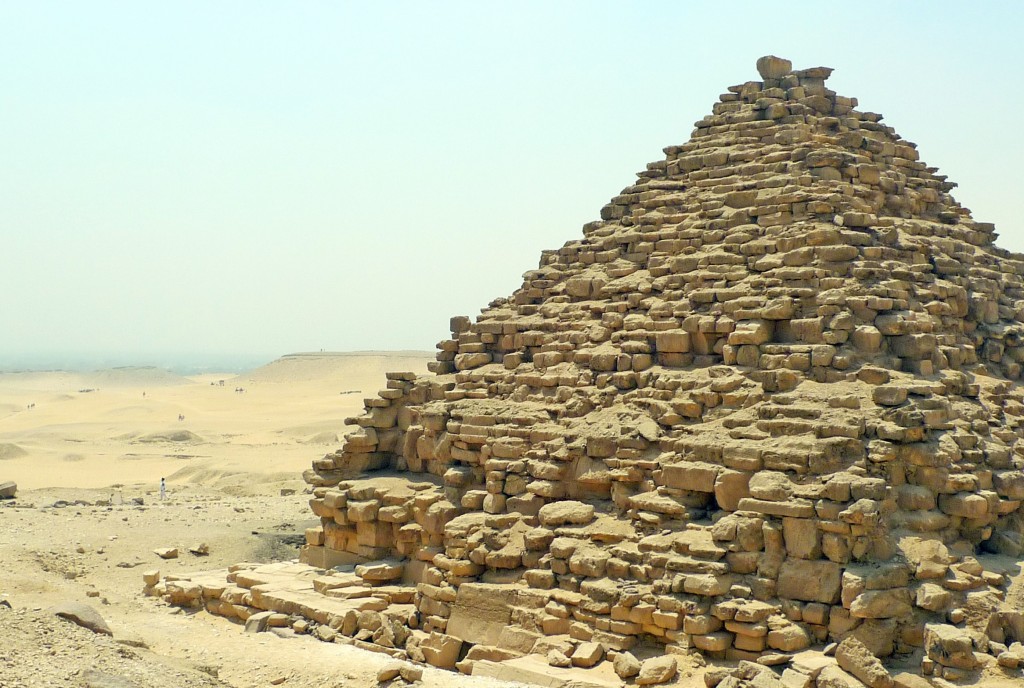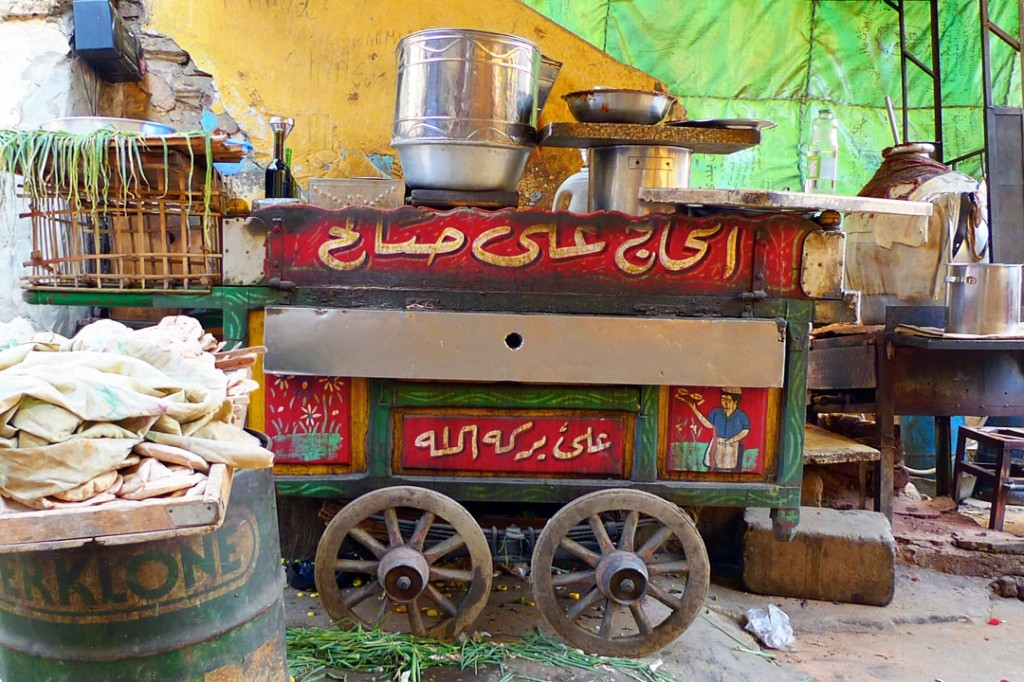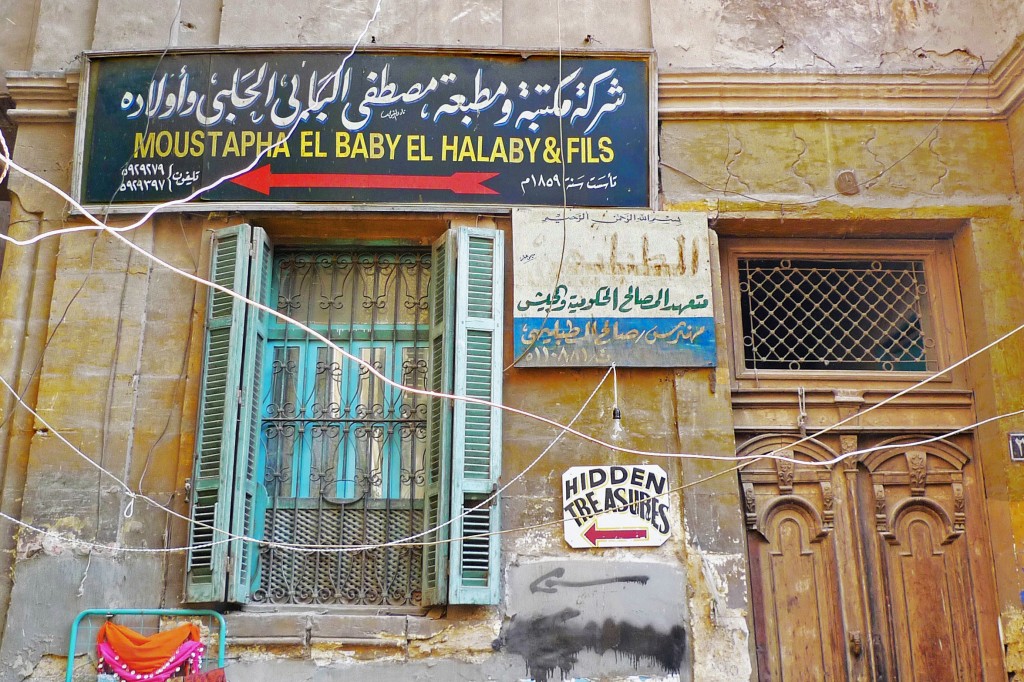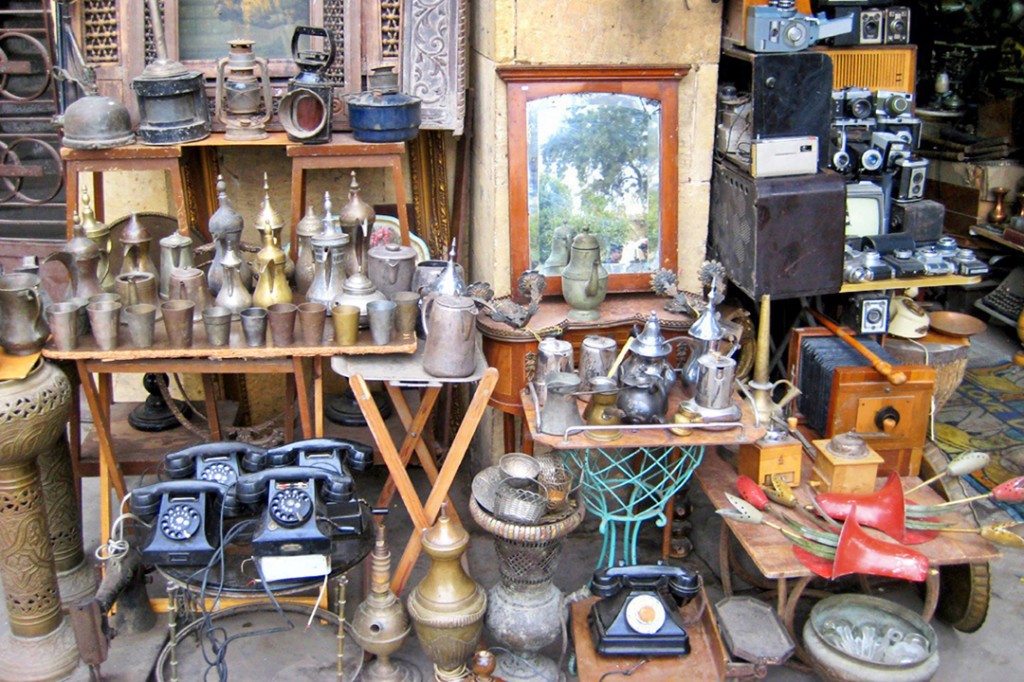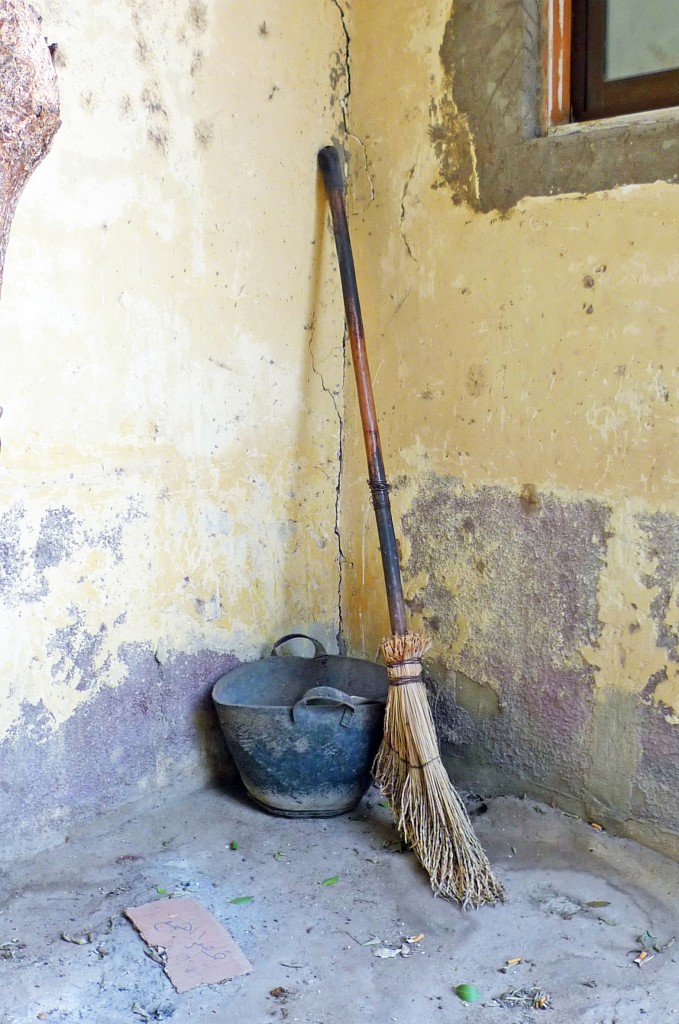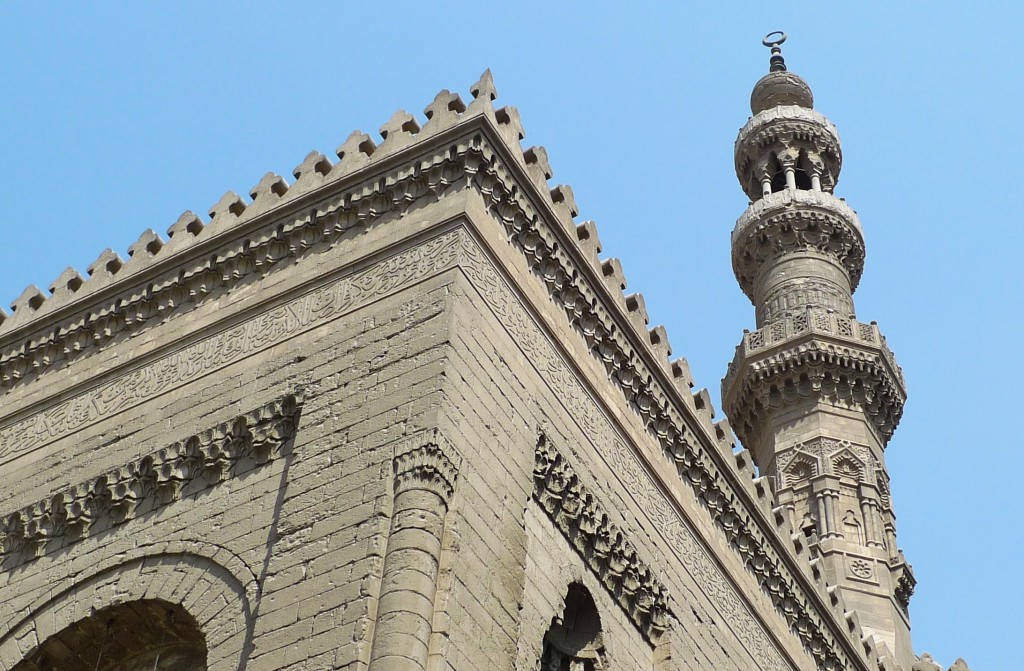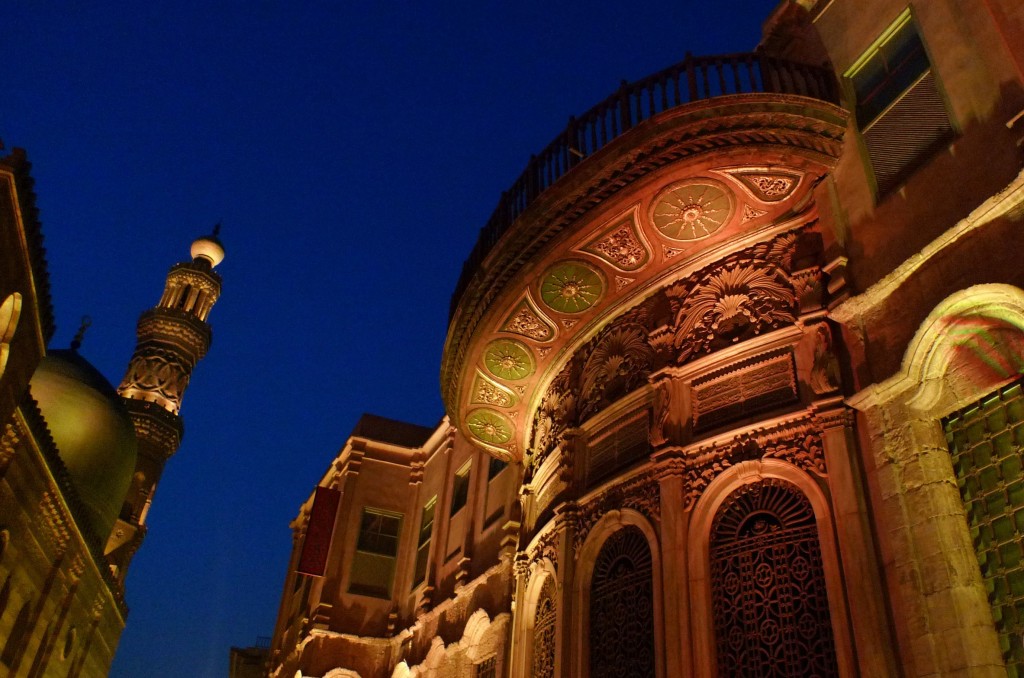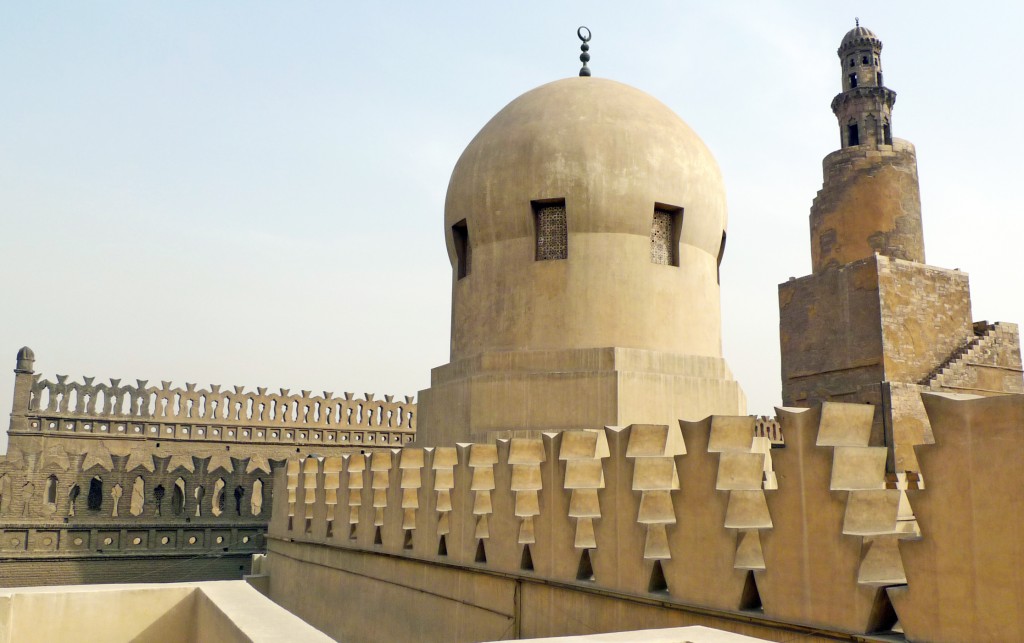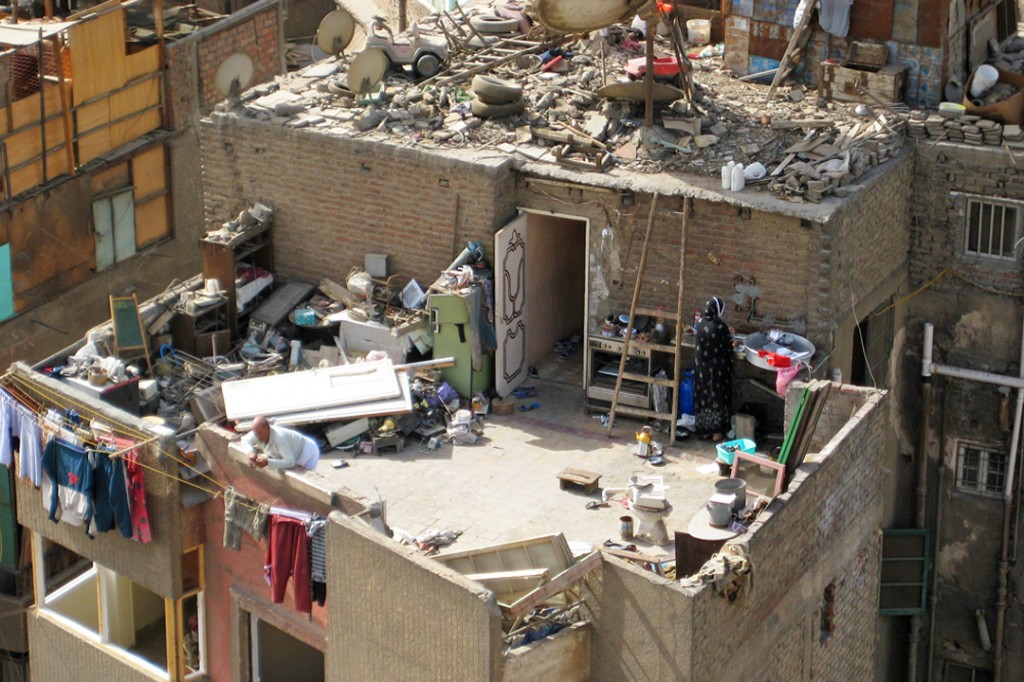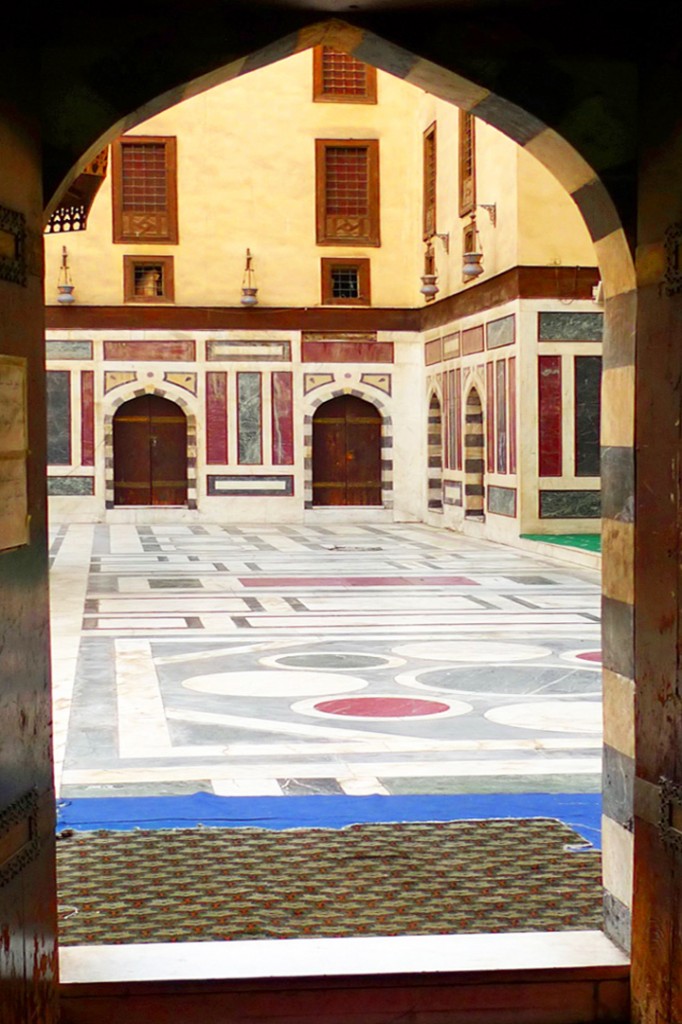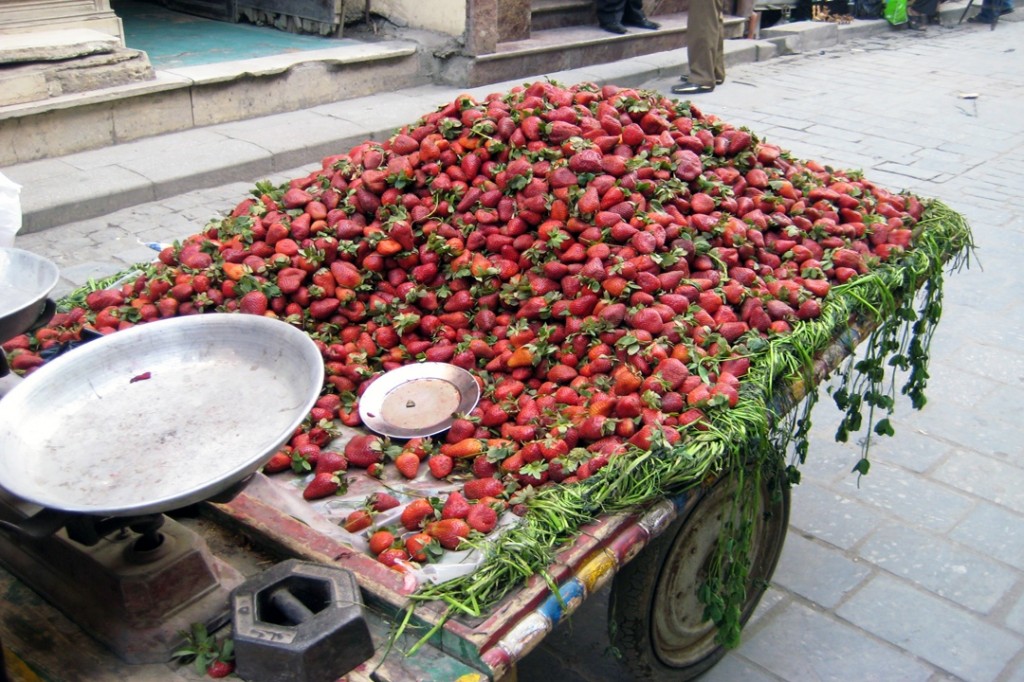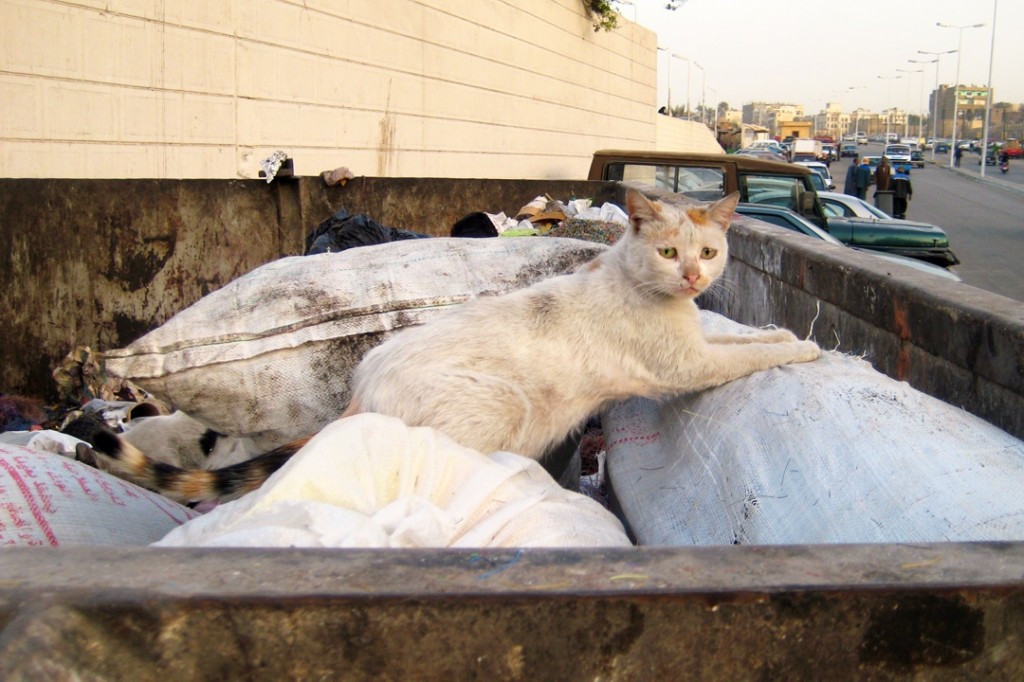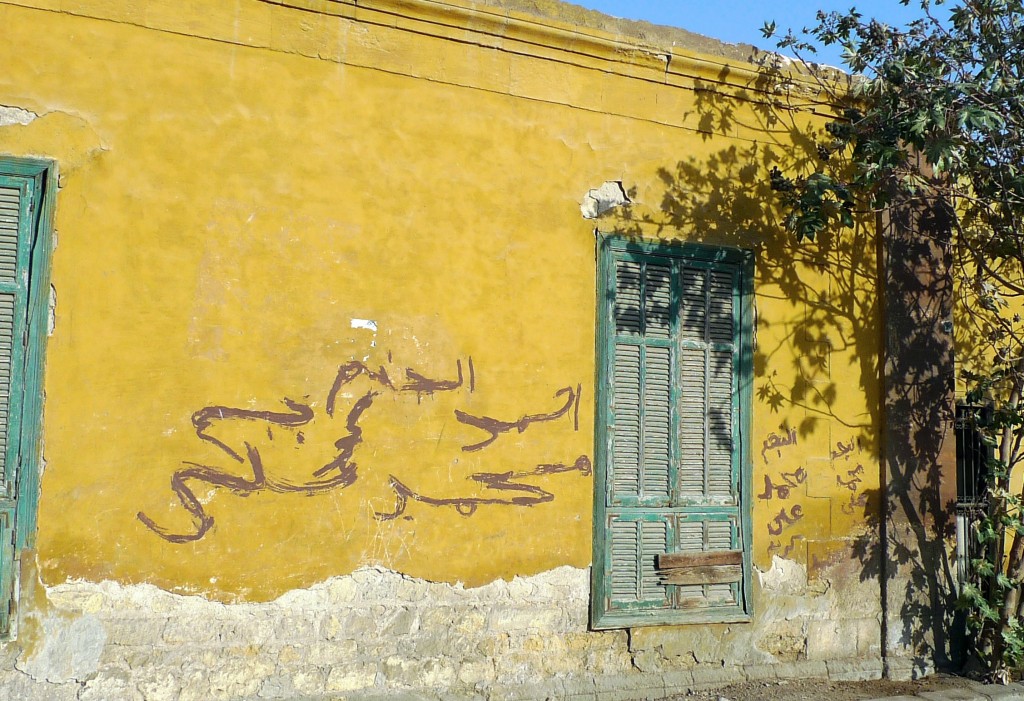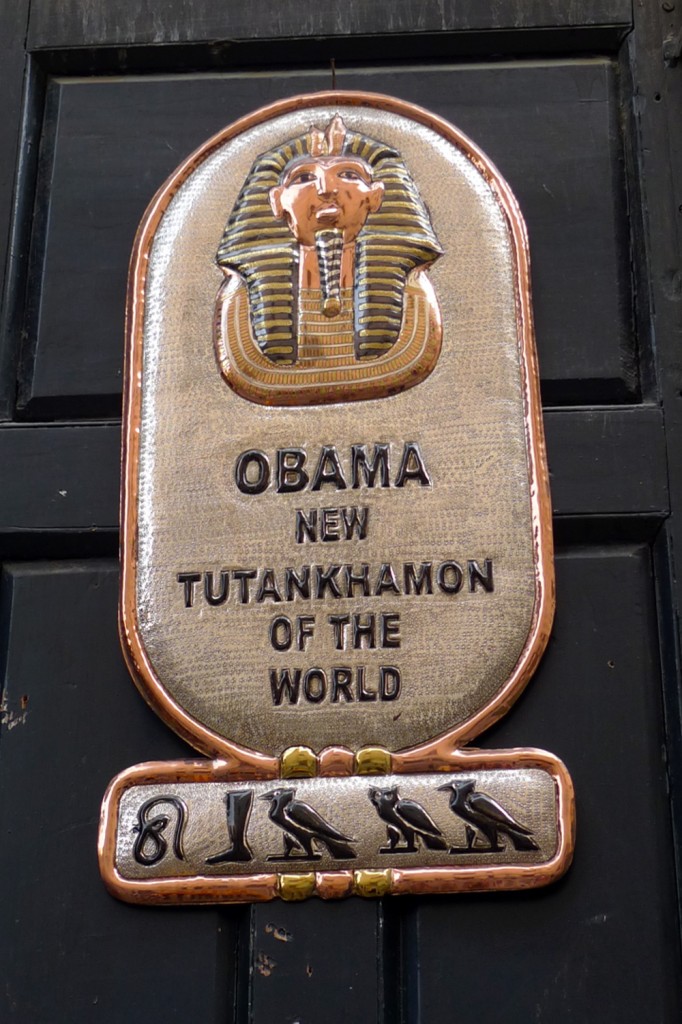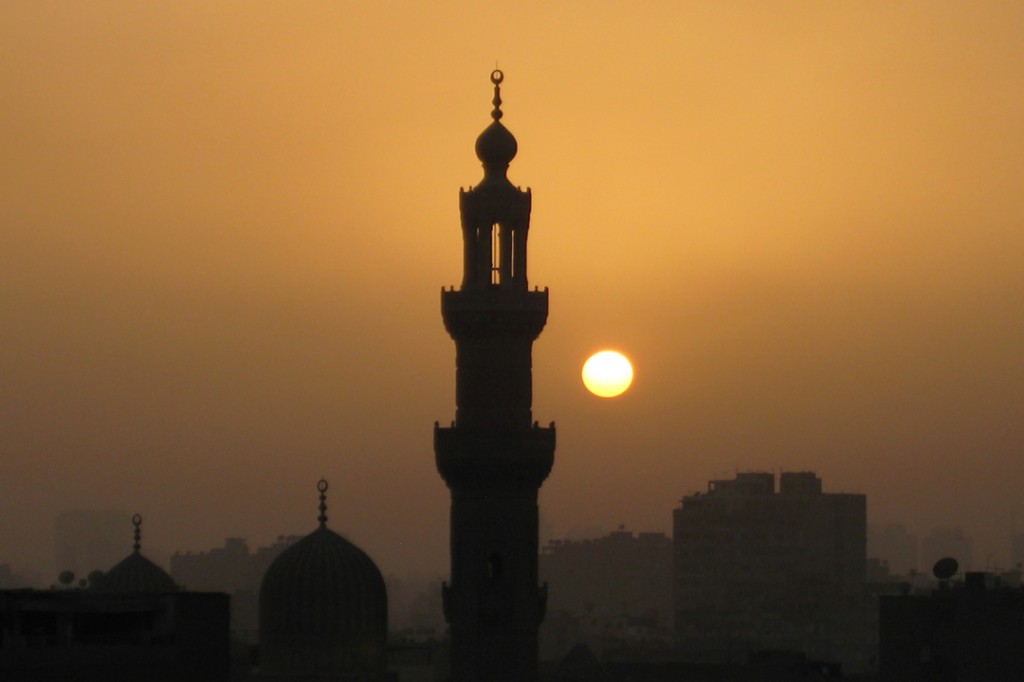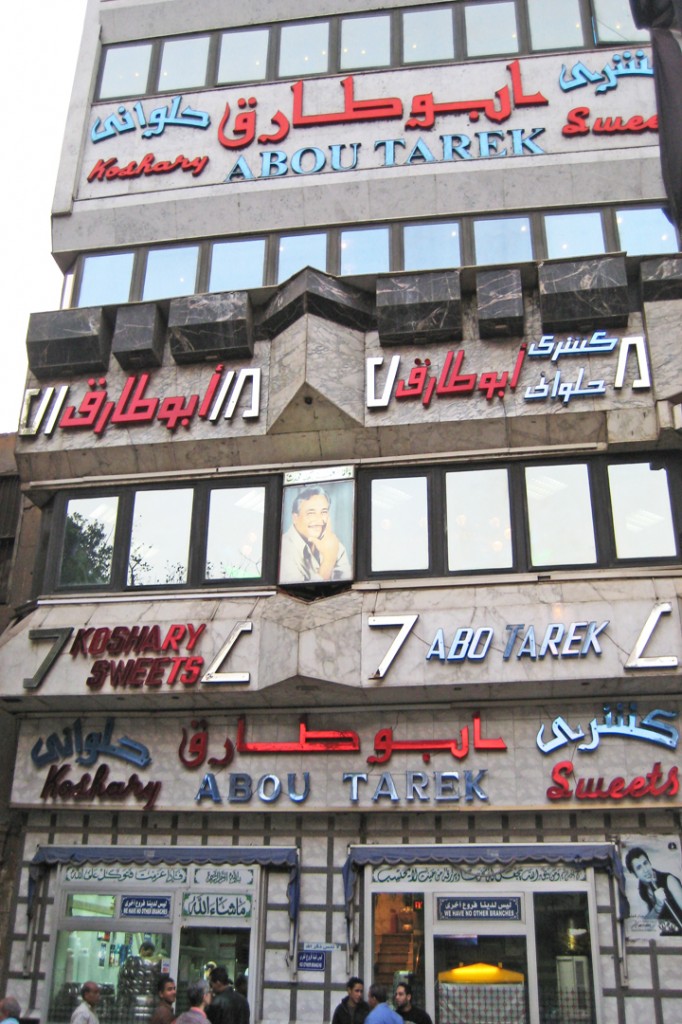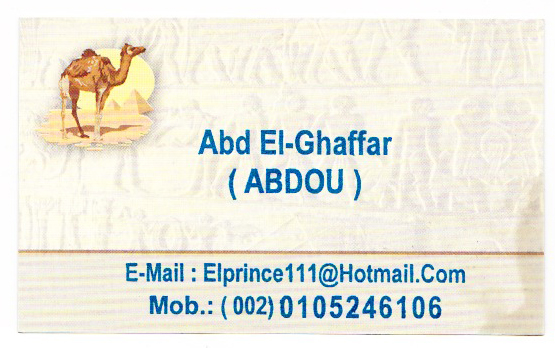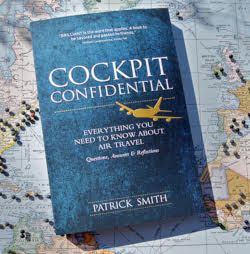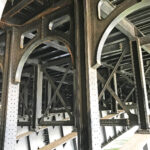Remembering Cairo
With Egypt in seemingly continuous turmoil, here’s a photographic toast to one of the world’s most fascinating cities.
June 11, 2015
THE ENDLESS STREAM of dispiriting news from Egypt, topped by this week’s suicide bombing at the Karnak temple in Luxor, has me thinking about my many visits to that country.
My first, in 2002, was a ten-day, small-group tour from Cairo through the Sinai and down along the Red Sea coast. Memories include Saint Catherine’s monastery, the snorkeling at Ras Mohammed, and climbing Mount Sinai at 4:30 in the morning in the company of five thousand Russian pilgrims. Later, before the overthrow of Mubarak and the ensuing chaos, I was fortunate to visit Cairo several more times.
As a rule I’m not much of a cities person — I’ll take the jungles, the mountains, the countryside villages — but this is a special case: Cairo, the de facto capital of the Islamic world, with its countless grand mosques, teeming bazaars and ancient ruins. I have taken more pictures in Cairo than anywhere else; at every turn I was digging out my camera. I’d never call the city “picturesque” — it’s far too hectic and overwhelming for a word like that — but it’s a palette of endless texture and detail, color and commotion. Even without riots and revolution, there is simply so much of everything. The imagery doesn’t stop: the spectacular detailing of a thousand year-old minaret; the ramshackle clutter of the souqs and storefronts; a donkey cart piled with strawberries; women in full cover walking along some back-alley road at sunset.
And lest we forget the Giza Plateau. Sure there are tour buses everywhere, and the spectacle of Ukrainian women tottering through the sand in six-inch heels and miniskirts. But it’s the Pyramids! Sure there’s a Pizza Hut only a few hundred yards from the paws of the Sphinx. But it’s the Sphinx!
To be fair, Cairo is also massively overcrowded, filthy, and draped in heavy smog. Traffic is unmanageable beyond words. There’s little sanitation, and the volume of roadside trash can be staggering; I once saw an impromptu traffic island constructed entirely of garbage. Even the Pyramids are strewn with litter. In summer, with temperatures poking into the triple digits, the noise and fumes become unbearable — the air above the city seems to condense into a superheated, tea-colored broth.
There are nearly twenty million people in greater Cairo. That sounds impossible until you find yourself looking out at the city from the walls of the Citadel or from atop the minaret at Ibn Tulun. Suddenly it is very believable. There is Cairo in every direction — a mammoth, horizon-wide sprawl of concrete and dust and humanity. It’s so densely, suffocatingly packed as to seem almost a single continuous structure — hundreds of thousands of buildings scorch-fused together by the sun.
What to do when it’s all too much? Simple, just head for the world’s greatest restaurant, the inimitable Abou Tarek. Everybody in Cairo, if not in all of Egypt, is familiar with Abou Tarek, a four-story building on a grimy street of tire and muffler shops, just off the eastern end of 6 October Bridge, a few blocks in from the Nile. It’s been there since 1950, founded and (still) owned by Youssef Zaki. Zaki is maybe Cairo’s closest thing to a celebrity chef — a sort of Colonel Sanders of Egyptian fast food, whose portrait stares down at you from the walls. On my last visit, Zaki himself was on the premises, shaking hands.
Walk in, take a seat, and within thirty seconds you’re dining on the restaurant’s sole entree, that most delectable of Egyptian treasures: a steaming bowl of koshary. Koshary is a carbohydrate bomb of noodles, lentils, chickpeas and fried onions, topped with a spicy tomato sauce and however much chili sauce you can handle. All for the equivalent of about $1.50.
You have to feel terrible for the many Egyptians who make their livings through tourism. I think of Abdou, for example, an independent driver and tour guide whom I came to rely on for sightseeing. Abdou was friendly, punctual, spoke good English, and he never overcharged — about as ideal a host as you could hope for. I can only wonder how he’s getting by.
ALL PHOTOS BY PATRICK SMITH
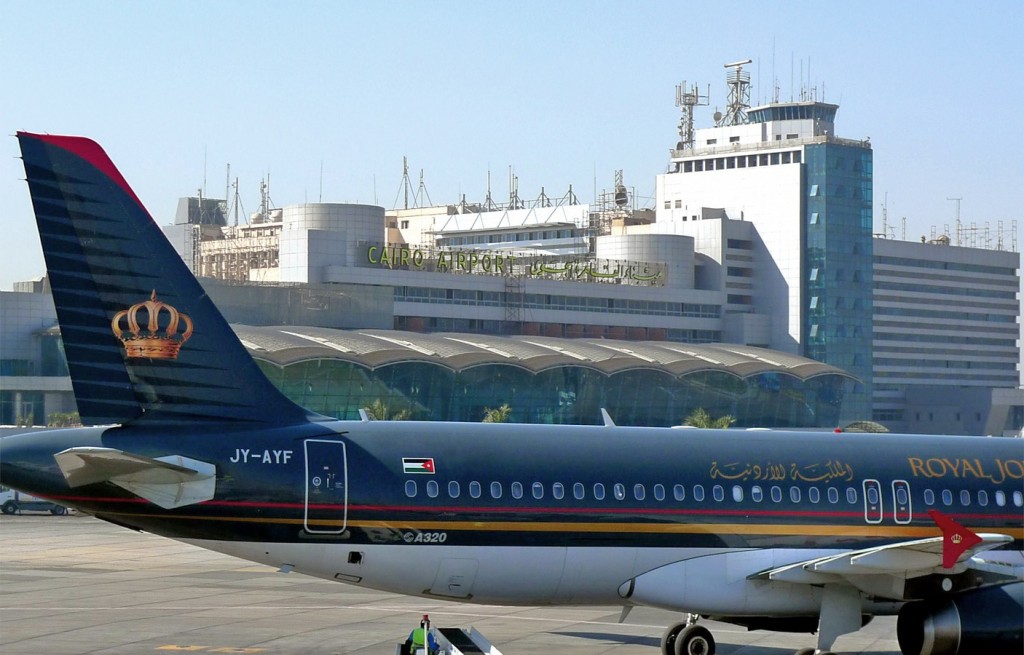
Cairo airport isn’t much to write home about, but I’ve seen worse. Here’s a Royal Jordanian A320 on the CAI tarmac.
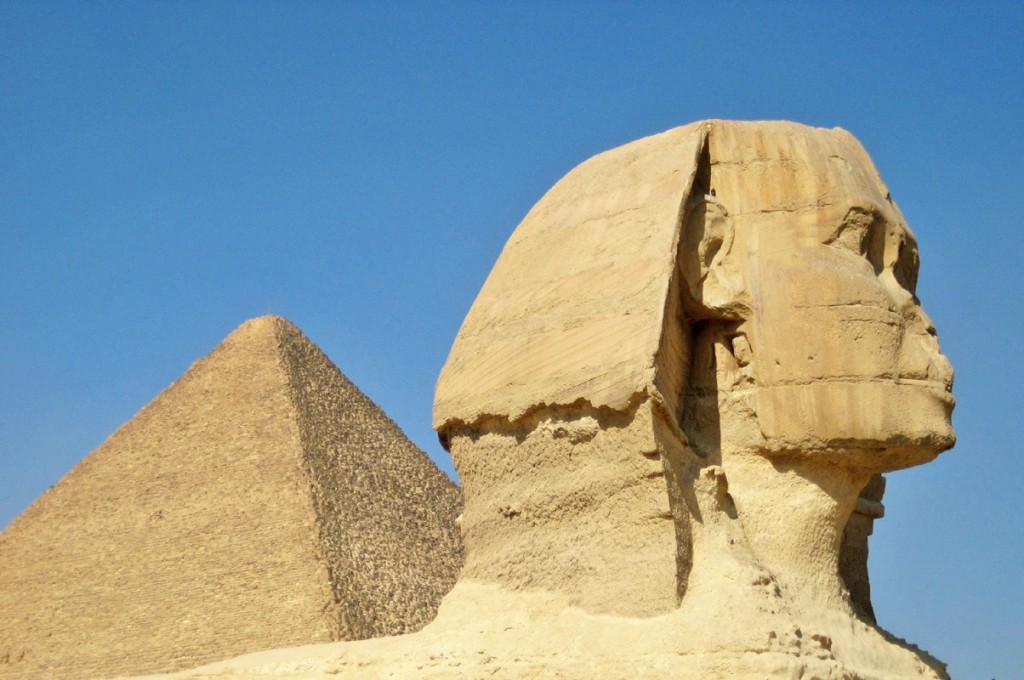
What you can’t see in this picture are the hundreds of Ukrainian tourists on all sides of me, including the dozens of women in four-inch heels and miniskirts.
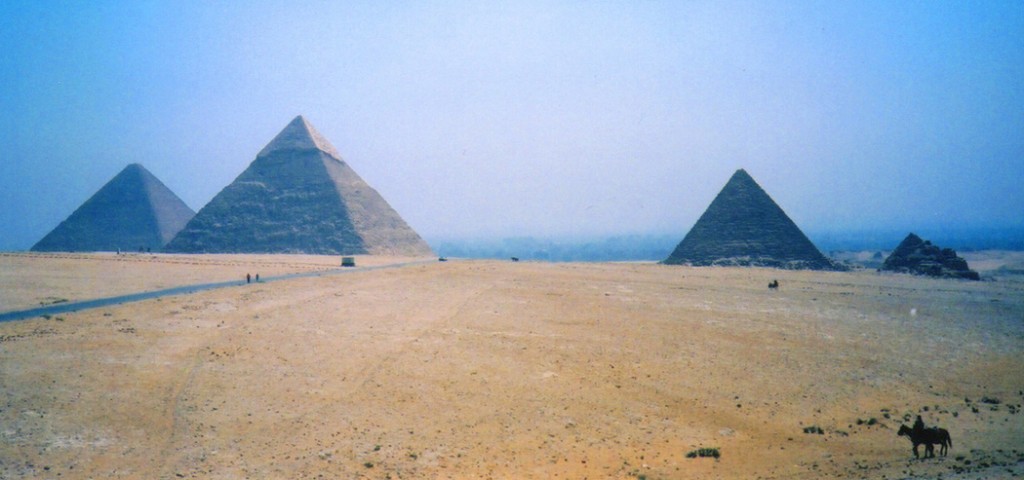
Overview of Giza. If you point your camera in the right direction, Giza looks like it’s the middle of nowhere. But central Cairo is only about 20 minutes away.
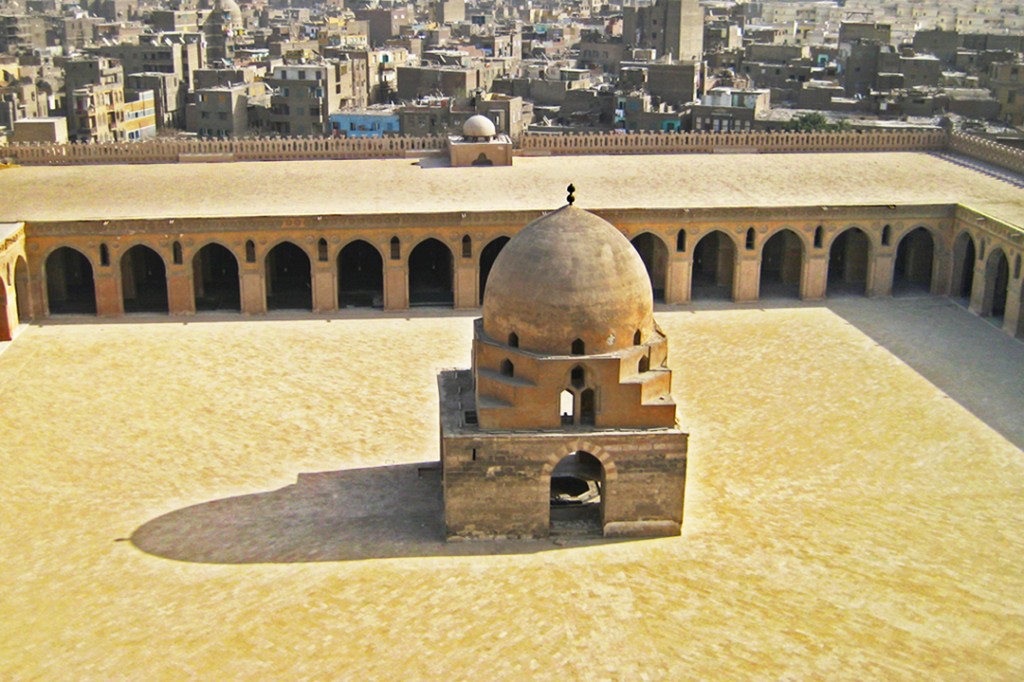
One of my favorite travel photos, this is an overview of the Ibn Tulun mosque. I got this shot after climbing one of the mosque’s minarets (after paying an “entrance fee” to one of the guards).
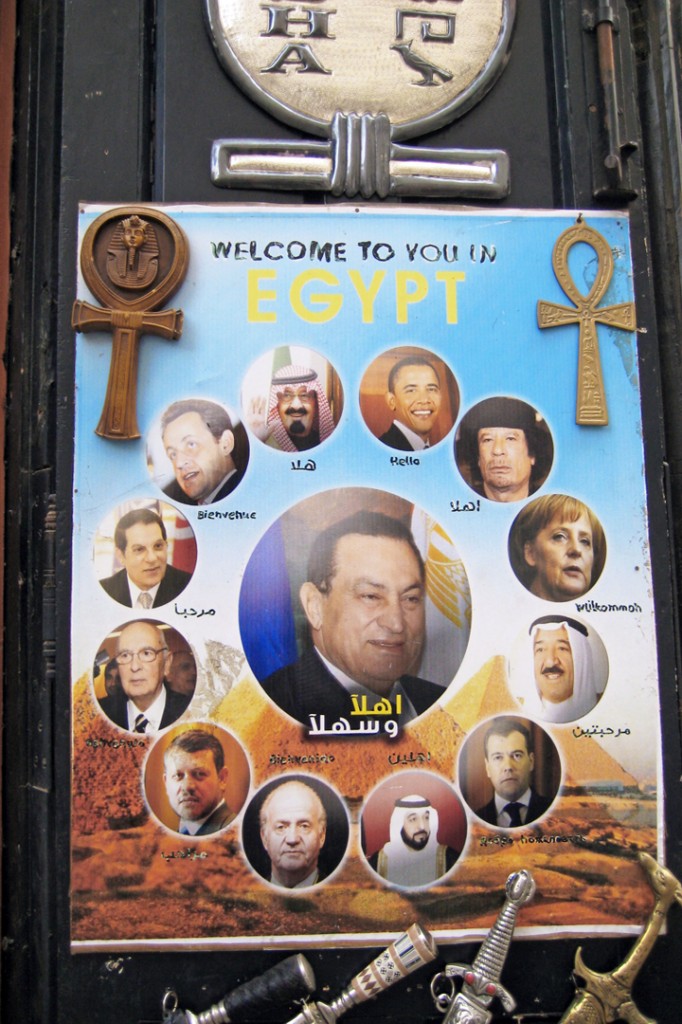
Then and now. Was it by accident, do you think, that Obama and Khadafy were placed right next to each other. And at the center, of course, the now deposed Hosni Mubarak.
When you’re done looking at the pictures, I hope you’ll click over to YouTube and have a look at my “Twenty-Four Hours in Cairo” video. It’s a mish-mash montage from one of those layovers a few years ago. The best part is right at the beginning, the opening twenty seconds or so where I’ve got the camera out the window of Abdou’s taxi. The sound is what I’m talking about. Blaring above the traffic noise is a sunset call to prayer, which concludes with an amazing echo effect. Then, just as the echo peters out comes this booming, apocalyptic groaning noise. It’ll make your hair stand up. Is it a truck horn? A bus? Whatever it is, it gives me the chills. The whole sequence was recorded more or less by accident, but it’s very dramatic. Play it loud!
I have no idea if Abdou is still doing the tour guide thing, but if you’re headed to Egypt and need somebody to show you around, here is a scan of his business card. I can’t recommend him more highly…
Portions of this post originally ran on the website Salon.
![]()

